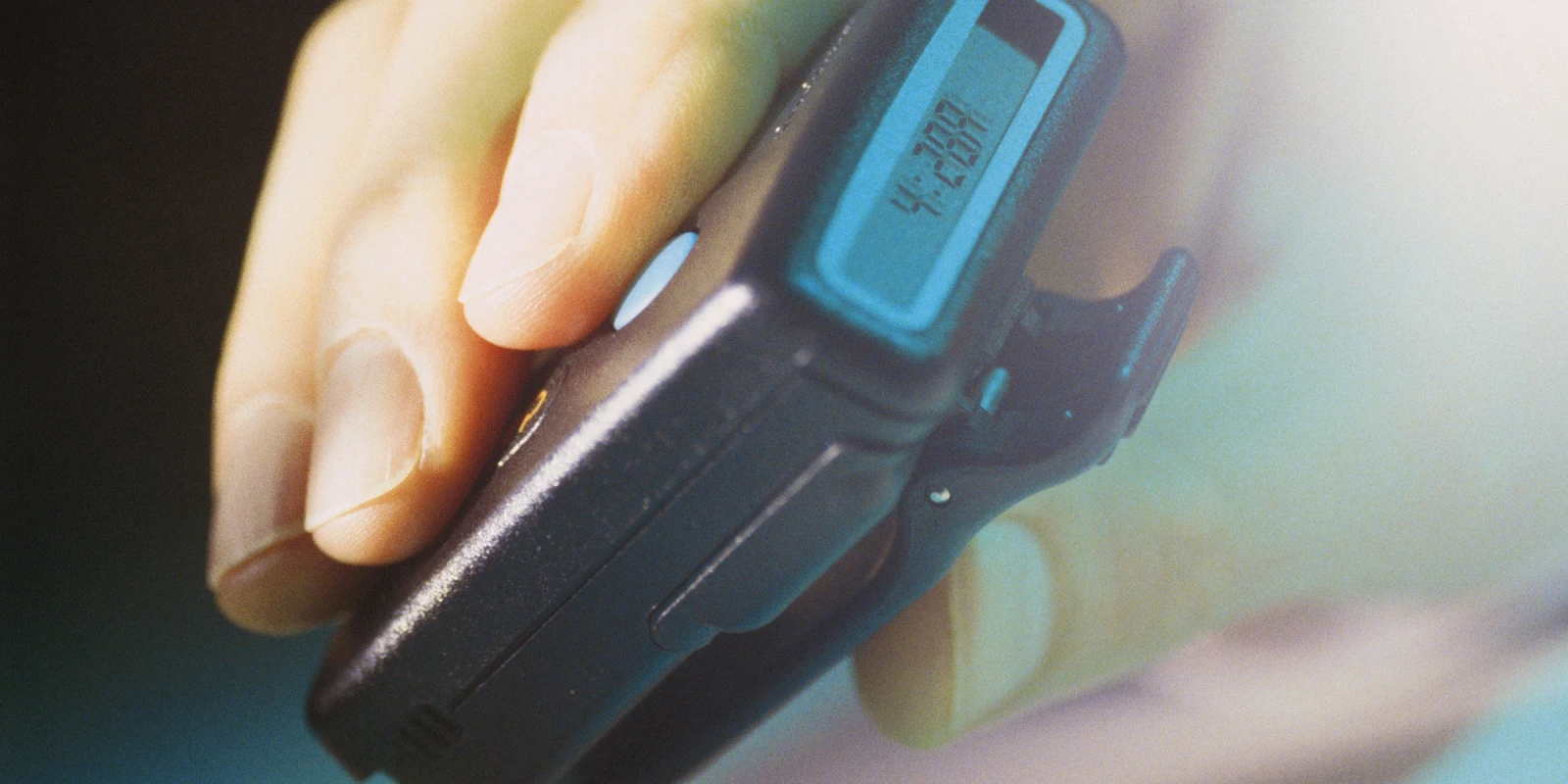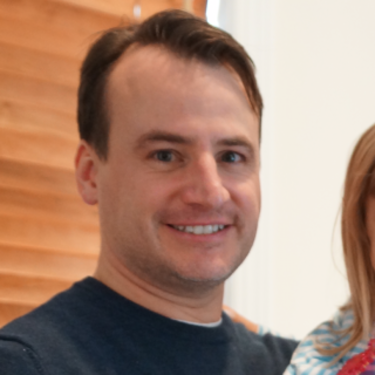As a second-year psychiatry resident, I spent three months on our consultation-liaison (C/L) service, which saw patients in the ER, and on the medical and surgical floors of a large academic medical center. This was a high-volume service with many complex and often fascinating cases, and a certain level of excitement came with the fast pace. At the same time, I had to come to terms with the fact that I don’t enjoy working at the behest of a typically busy and always unpredictable pager, and I really don’t like to feel rushed.
One afternoon, without my realizing it, the service pager stopped receiving pages, even though the battery was fine. I had the pager fixed, but the next day I simultaneously fielded slightly miffed calls about missed consults while I exchanged emails with IT to figure out why the pager had stopped working in the first place. If you couldn't trust the service pager, then what could you trust? Days like this were, to put it mildly, stressful. With a team list that was often too long and a daily list of tasks that was even longer, there were more than a handful of nights where I woke from a vivid dream that I hadn’t finished a note or clearly signed out a plan. I had to convince myself that it had simply been my anxious subconscious and not an actual daytime lapse.
I knew that my qualms were shared by other residents, and also that I was, in fact, adapting to and handling the work reasonably well, but I still constantly questioned my own competence. I intellectually understood that C/L was just one way to be a psychiatrist, that this was just my first experience of C/L work, and that it was OK if I didn’t feel a sense of equanimity (to say nothing of mastery) when holding the consult pager. The rotation felt like a mere scratch on the surface of an enormous field. Realistically, how could any resident, at the start of their PGY-2 year, be expected to have or feel mastery over anything in their specialty? Even aware of this, I was afraid — and, I am still fearful that I could get overwhelmed by too many patients, that I might need to sign too much out to the next resident, or that I could make a mistake that would harm a patient. What it all added up to, in my head, was that I might be the weak link on the team. At the root of my “pager anxiety” was the fear of being overwhelmed, connected to the fear of failure and breakdown.
In thinking about pager anxiety, I’ve been thinking about the difference between a “performance mindset” and a “growth mindset,” which was a contrast drawn for us at the start of residency by one of our program directors. As medical students, it is impossible to avoid the performance mindset; we are, in fact, constantly being evaluated, and our future trajectory (i.e., residency prospects) depends to a disproportionate degree on those evaluations. As new residents, we are encouraged to shift into a growth mindset since we finally have the opportunity to focus on patient care and our own development as clinicians, scholars, scientists, public servants, and teachers, ostensibly without the same relentless pressure of performance evaluations every couple of weeks.
Now that I am 20 months into residency, I can certainly look back and recognize the considerable growth that has already occurred while anticipating much more to come. And yet, I know I am still susceptible to the performance mindset, and I do not know that I will ever be able to set it aside. I'm also not sure I want to; because it does matter to me that I feel like I am meeting or exceeding expectations, and that I am delivering excellent clinical care.
But what does it mean to be excellent in this work, anyway? Hospital quality metrics aside, there is a cost to chasing the bar of excellence if it is tied to a sense of surety, mastery, or ideal patient outcomes. The very nature of residency is that we are learning how to do this job; the very nature of medicine — especially psychiatry — is that our patients’ presentations and trajectories are multifactorial, unpredictable, and beholden to staggering inequities in social determinants of health. Even before the COVID-19 pandemic, the system didn't allow me, or anyone else, to deliver care that is as thorough, as detailed, and as excellent as we think our patients deserve; to spend as much time talking with each patient, poring over their histories, or pondering their formulations as we would like.
As such, I have to balance my own high expectations with what is realistic and sustainable. I need to keep building my internal locus of control and confidence while maintaining faith that my threshold for feeling overwhelmed will continue to rise. I have to believe that I will become more knowledgeable, efficient, and effective as my training progresses and that this will lead to work that is excellent enough. And, if all else fails, the beauty of shift work is that the pager is eventually handed off, and then comes a time to rest, reflect, and prepare for the next turn.
How have you overcome "pager anxiety'" Share your experiences with your colleagues below.
Cynthia He is a resident physician in Psychiatry at UCSF and is interested in mood and anxiety disorders, eating disorders, health systems improvement, narrative medicine, and the intersection of culture and psychiatry. She blogs at contemplativecouch.com and is on Twitter @cynthiaxhe.







